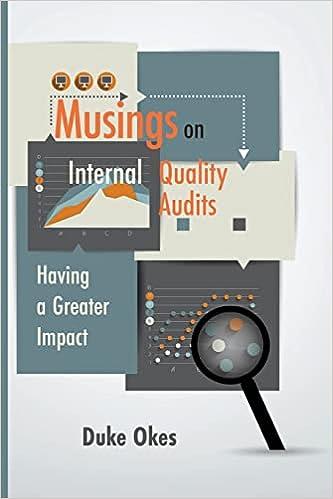Answered step by step
Verified Expert Solution
Question
1 Approved Answer
* * Cost of Capital vs . Hurdle Rate in Accounting * * In accounting and finance, the concepts of cost of capital and hurdle
Cost of Capital vs Hurdle Rate in Accounting
In accounting and finance, the concepts of cost of capital and hurdle rate play crucial roles in decisionmaking processes, especially in investment appraisal and capital budgeting. While they are related, they serve different purposes and are used in distinct contexts.
Cost of Capital:
The cost of capital refers to the rate of return that a company expects to generate from its investments to satisfy its investors' required rate of return. It represents the cost of financing for a company and includes both debt and equity components. The cost of debt is usually the interest rate paid on borrowed funds, while the cost of equity is the return required by shareholders to compensate them for the risk of investing in the company.
Calculating the cost of capital involves determining the weighted average cost of debt and equity based on the company's capital structure. This weighted average cost reflects the overall cost of funds for the company and serves as a benchmark for evaluating the profitability of potential investment projects.
Hurdle Rate:
The hurdle rate, also known as the minimum acceptable rate of return MARR or the required rate of return RRR is the minimum rate of return that a project or investment must achieve to be considered acceptable. It represents the opportunity cost of investing in a particular project rather than pursuing alternative investments with similar risk profiles.
The hurdle rate is determined based on various factors, including the company's cost of capital, prevailing market conditions, project risk, and strategic objectives. It serves as a benchmark for evaluating the feasibility of investment opportunities and helps management prioritize projects that offer returns exceeding the cost of capital.
Difference Between Cost of Capital and Hurdle Rate:
While both concepts involve rates of return, the key difference lies in their application. The cost of capital is a broader measure that reflects the overall cost of financing for a company, considering both debt and equity sources. It serves as a reference point for assessing the attractiveness of investment opportunities relative to the company's overall cost of funds.
On the other hand, the hurdle rate is specific to individual investment projects and represents the minimum acceptable return required to justify investing in a particular initiative. It considers projectspecific factors such as risk and return expectations and helps ensure that investments align with the company's strategic objectives and create value for shareholders.
Objective Question:
Fill in the blank: The hurdle rate, also known as the minimum acceptable rate of return MARR or the required rate of return RRR is the
A Maximum rate of return a project must achieve
B Minimum rate of return a project must achieve
C Average rate of return a project must achieve
D Random rate of return a project must achieve
Choose the correct option:
A A
B B
C C
D D
Step by Step Solution
There are 3 Steps involved in it
Step: 1

Get Instant Access to Expert-Tailored Solutions
See step-by-step solutions with expert insights and AI powered tools for academic success
Step: 2

Step: 3

Ace Your Homework with AI
Get the answers you need in no time with our AI-driven, step-by-step assistance
Get Started


